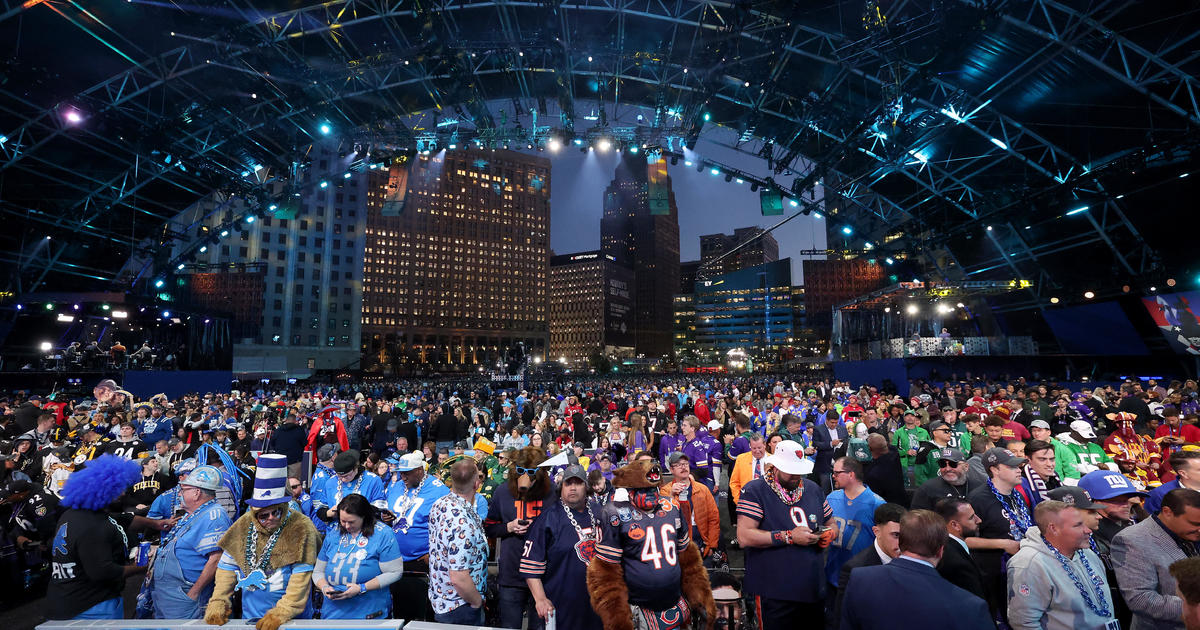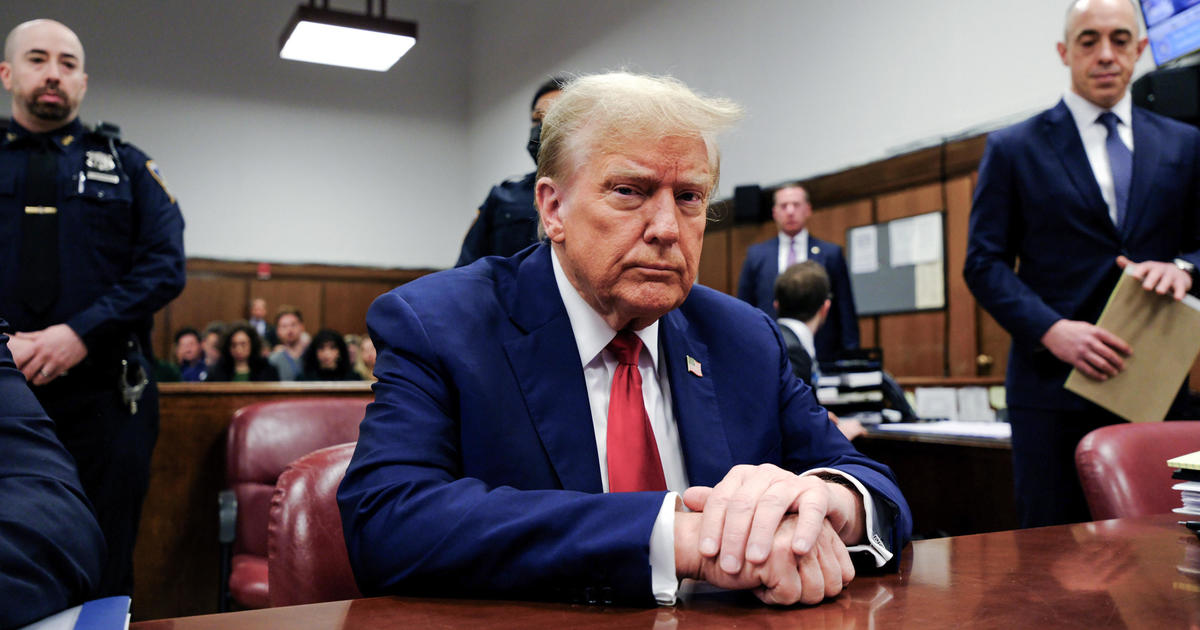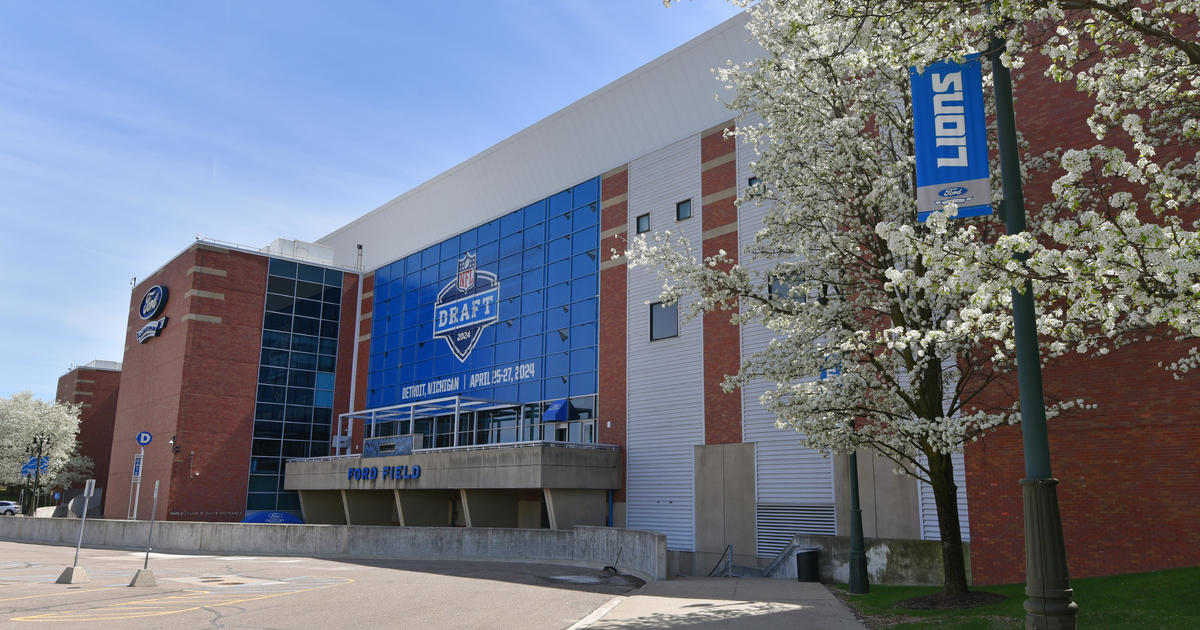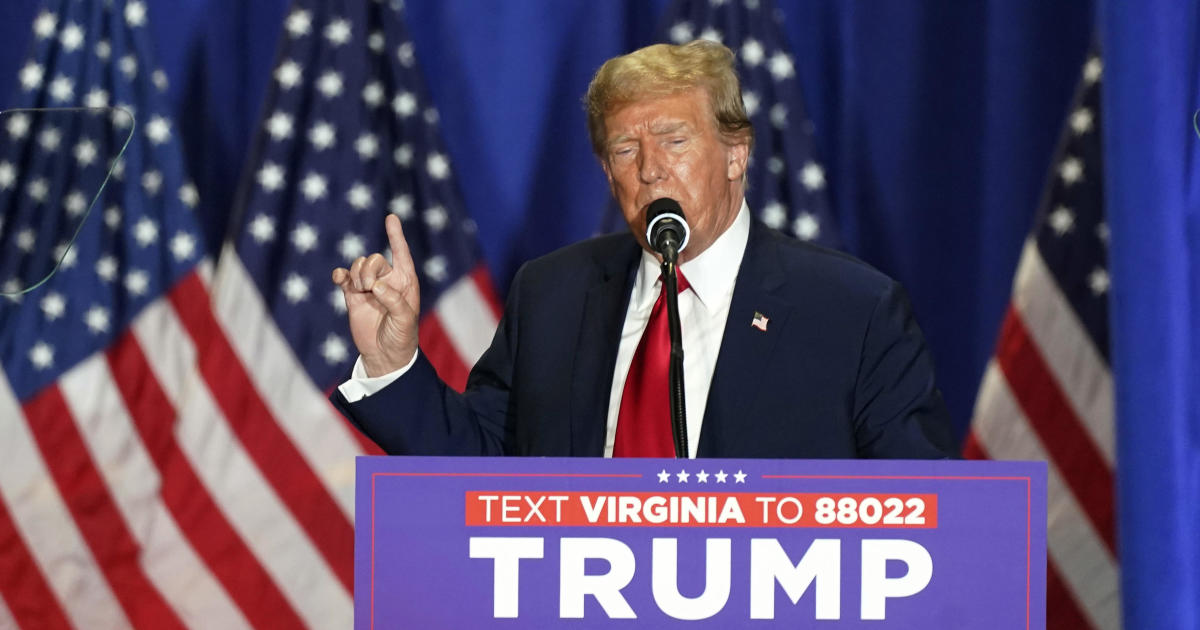49 Percent of Voters Think Trump is Racist, New Poll Finds
(CNN) -- A few weeks ago, like millions of other Americans, I attended a high school graduation. My niece was graduating with honors and would soon be heading off to college. It was a beautiful day and a joyous moment for our family.
Why, then, was I suddenly struck with anger and sadness when we were asked to stand and recite the Pledge of Allegiance?
"... one nation under God, with liberty and justice for all."
These words I once so eagerly recited as a schoolchild now put a lump in my throat. I could not stand tall, nor put my hand over my heart. I could not look at the mostly white parents standing around me who uttered those words.
Instead, I bowed my head and prayed for my niece -- for all of us -- for protection from the rampant systemic racism and bigotry that regards black and brown people, and women, as undeserving of equal liberty or justice.
And I wept.
It's no secret the issues of race and racism that have been a touchstone topic throughout our history are of particular concern for many in contemporary America, causing us to grapple with the definition of our American values and the very principals upon which our nation was founded.
A new Quinnipiac University poll attempts to shed some light on today's racial climate. Its findings are surprising -- but they tell more than they at first seem to.
The poll asked people to rate President Donald Trump on how he is doing across a wide range of categories, from immigration and foreign policy to moral leadership and race relations. But it was question number 51 that made headlines: "Do you think President Trump is racist, or don't you think so?" Forty-nine percent of those polled said yes, while 47% said no.
Really? We are that closely divided?
Let's take a closer look. Sadly, in many crucial conversations today we have a tendency to value, and focus on, our political passion over our humanity. And unsurprisingly, the Quinnipiac poll is heavily skewed by politics. The poll separates out responses by party, with Democrats, Republicans and Independents all giving predictable answers.
But when stripped of the political blinders -- the ideological categories -- the differences in the responses told a different story. Among all women respondents, 56% reported that yes, they think Trump is a racist, while 39% reported that no, they do not; Millennials (18 to 34 years old) said yes: 56%, no: 40%; blacks 79% to 19%, Hispanics 58% to 40%.
Among the groups that responded with a majority opinion that Trump is not a racist were white men, Republicans and whites with no college degree.
But listen to the next, and last, poll question -- number 52. It asked: "Do you think President Trump has emboldened people who hold racist beliefs to express those beliefs publicly or don't you think so?" Collectively, 55% of respondents said "yes" while 39% said no, with a similar breakdown by demographic.
Come on now, something doesn't add up.
It is difficult to reconcile the fact that the poll shows only a 2% differential between the number of people who do and do not identify Trump as a racist, yet there is a 16% differential among those same folks when asked if they believe the President encourages expressions of public racism. This is a telling result, if only in its conflicting responses on race, and it is key to understanding attitudes in America today.
Certainly, we are smart enough to understand that it's impossible for a person who is not a racist to inspire others to be racist in public.
Have we redefined racism? Softened the word? Is it no longer defined as "prejudice, discrimination, or antagonism directed against someone of a different race based on the belief that one's own race is superior?"
There is no need to review here the list of Trump's offensive, divisive comments and political policies that have brought our nation to the point where not just neighbors, but a national poll is asking: "Do you think Trump is a racist?" This question has hovered in the air since before Trump won the White House.
But this poll brings an important issue before us: We seem to have forgotten that there is a difference between "straight talk" and hate talk. Today, too many Americans are willing to excuse racist language or deeds, and the profound danger it poses to our society and our democracy. We tell ourselves that it is harmless and those who use it are just misunderstood.
I understand that politically-correct talk often dilutes our conversations and keeps us from the blunt truth. Honest, productive conversation that touches on race or cultural stereotypes will ruffle feathers. It will cause pain. But we do harm when we allow hate speech disguised as truth-telling to become a valid part of these conversations.
Every day this targeted hateful discourse becomes more normalized in our communities and in our politics, feeding and fostering the kind of moral corruption that allows our government to, for example, rip immigrant children from their families. The normalization of hate speech contributes to excusing the unjust killings of numerous unarmed black and brown people.
Do we have complex problems to discuss? Yes, and there are no easy answers. But we must strive to respectfully have the difficult conversations about these issues and seek solutions that make our country better.
Our politics do not have to rob us of our decency. We all deserve more than a President who has through his words and deeds, "emboldened people who hold racist beliefs to express those beliefs publicly."
Despite what any poll tells us, we know in our souls that we have failed this republic when we stop fighting for the words "justice and liberty for all" to ring true.
The-CNN-Wire
™ & © 2018 Cable News Network, Inc., a Time Warner Company. All rights reserved.



